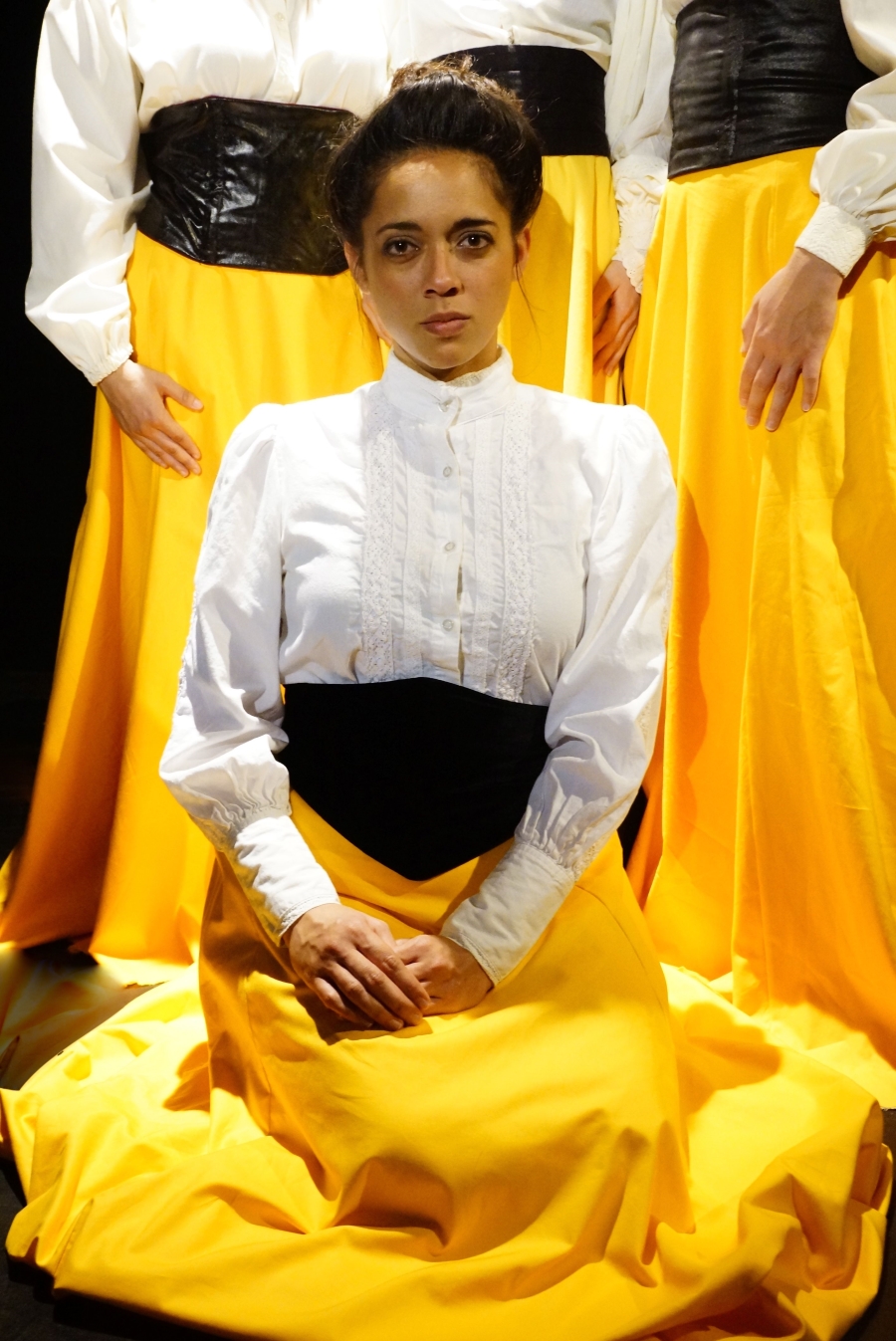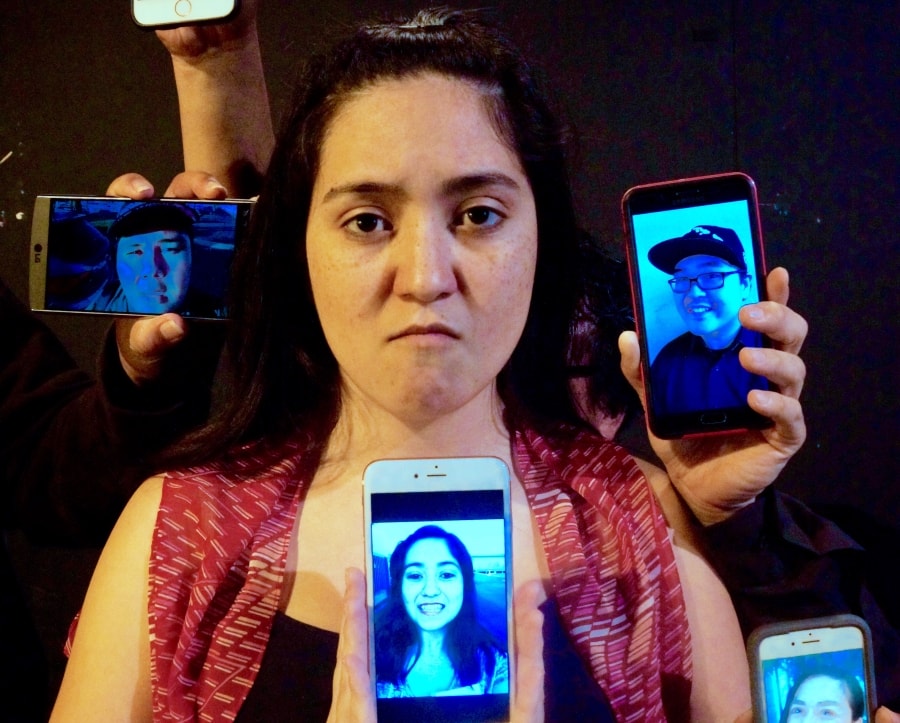HONOLULU: On the south shore of Oahu Island sits Hawaii’s capital city of Honolulu, home of the Kumu Kahua Theatre, just three miles from Waikiki Beach. For year-round island folk and honorary Hawaiian visitors, the theatre produces work about the history and people of the eight tropical islands. The words “kumu kahua” can be translated to “original stage.” The theatre showcases plaques of historical significance and includes Hawaiian language in its signage. The pillared building is flanked by palm trees, and from the front lawn visitors can smell frangipani flowers and see rainbows.
We caught up with artistic director Harry Wong III via email to learn about creating theatre about life in Hawaii.

Who founded Kumu Kahua Theatre, when, and why?
Kumu Kahua Theatre (KKT) was founded by a group of University of Hawai’i at Manoa Kennedy Theatre graduate students and theatre professor Dennis Carroll in 1971. They originally wanted to do new experimental work and only later did the group decide to focus on plays by Hawai’ian writers about Hawai’i.
Tell us about yourself and your connection to the theatre.
When I was a student at UH Manoa, KKT was still a student organization, and so it needed a board made up of UH students. Carroll asked me to be on the board in 1988. In 1990, KKT became a 501 (c)(3) nonprofit. I left the board in 1997 to become artistic director.
What sets your theatre apart from others in your region?
The Honolulu Theatre for Youth is the only professional theatre in Hawai’i. The rest of us are community theatres. The other community theatres do old musicals, new musicals, old plays, and new plays all from the mainland, which is what we call the 48 states of the continent. At Kumu Kahua, we believe that contemporary life in these islands and the history of this place are as rich a source of drama as any other place, as any other culture. KKT exists for writers who wish to confront and/or celebrate Hawai’i’s community. KKT is first and foremost a playwright’s theatre.
Who is your audience?
I assume this question is usually answered with a breakdown of educational background, income bracket, subscription vs. single ticket, and possibly race. I’d like to tell you who I’d like to be our audience.
When I was growing up, my parents never said, “Eh, we go watch theatre tonight.” It wasn’t even an option in their minds for us. Theatre was something haoles (non-native Hawai’ians) did, or it was something you were forced to read in high school—for me, it was Julius Caesar. So for most people in Hawai’i, theatre is either something foreign or something to hate. Before theatre in Hawai’i can thrive, it must overcome these two prejudices in the local mindset. I’d like KKT to be part of overcoming that mindset—that is the audience I’d like to reach.

Tell us about your favorite theatre institution other than your own, and why you admire it.
Studio Theatre in Washington, D.C. I like their space, their balance between production and pedagogy, and their productions are simple, elegant, and truthful.
How do you pick the plays you put on your stage?
At the risk of sounding naïve and jejune, I try to choose plays that have something important, something necessary to say to the community.
What’s your annual budget, and how many artists do you employ each season?
$324,455. We are a community theatre, so we only have three employees: a managing director, an office/box office manager, and myself. We do have 80 to 100 artists working with us on our productions.
What show are you working on now? Anything else in your season that you’re especially looking forward to?
I’m working on a production about a Kumu Hula (hula teacher) and her halau (school), and the conflicts arising from the Kumu’s passing. The play is called iHula and it’s by Ryan Okinaka. I’m looking forward to our production of Black Faggot by Victor Roger.
What’s the strangest or funniest thing you’ve ever seen (or put) on your stage?
We did a play about Captain Cook, Way of a God. He dies at the hands of the Hawai’ians on his last voyage here. At the end of the play we see the Hawai’ians cleaning off his flesh to get to Cook’s bones so they can grind them up and ingest his Mana (his spiritual energy). While this goes on, King George, the Earl of Sandwich, etc., eat Cook’s flesh. This was strange to most, very funny to some.

What are you doing when you’re not doing theatre?
I’m playing with/raising my 3-year-old daughter with my wife.
What does theatre—not just your theatre, but the American or world theatre—look like in, say, 20 years?
If a semblance of liberty, equality, and fraternity exist in 20 years, then what could be achieved by theatre would exhaust the limits of my imagination. If the fascists take over, then the only theatre that would be allowed to exist is some Disney-fied version of the American musical.


